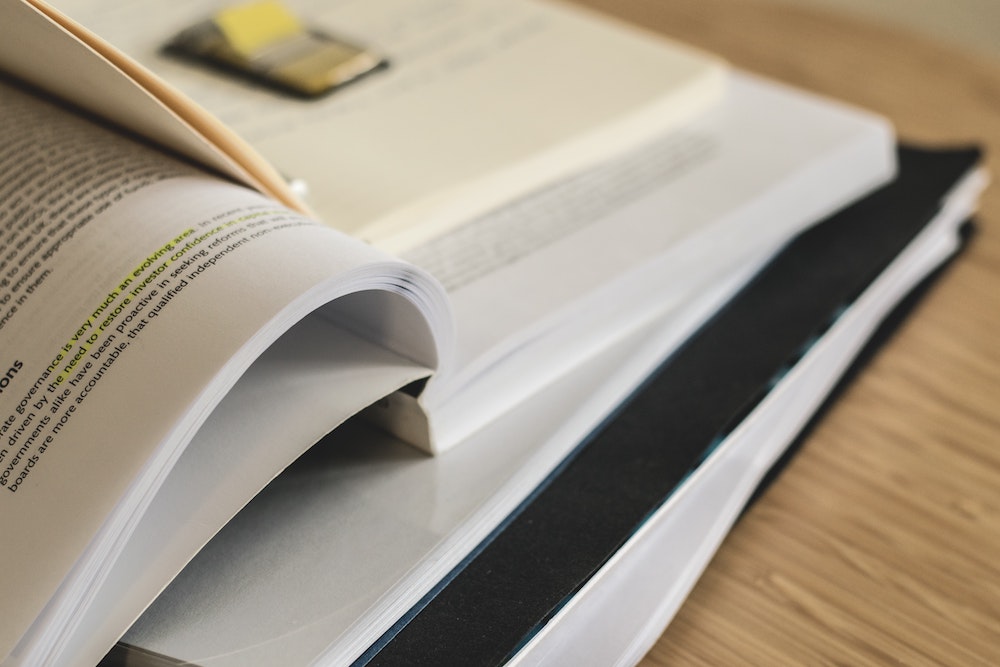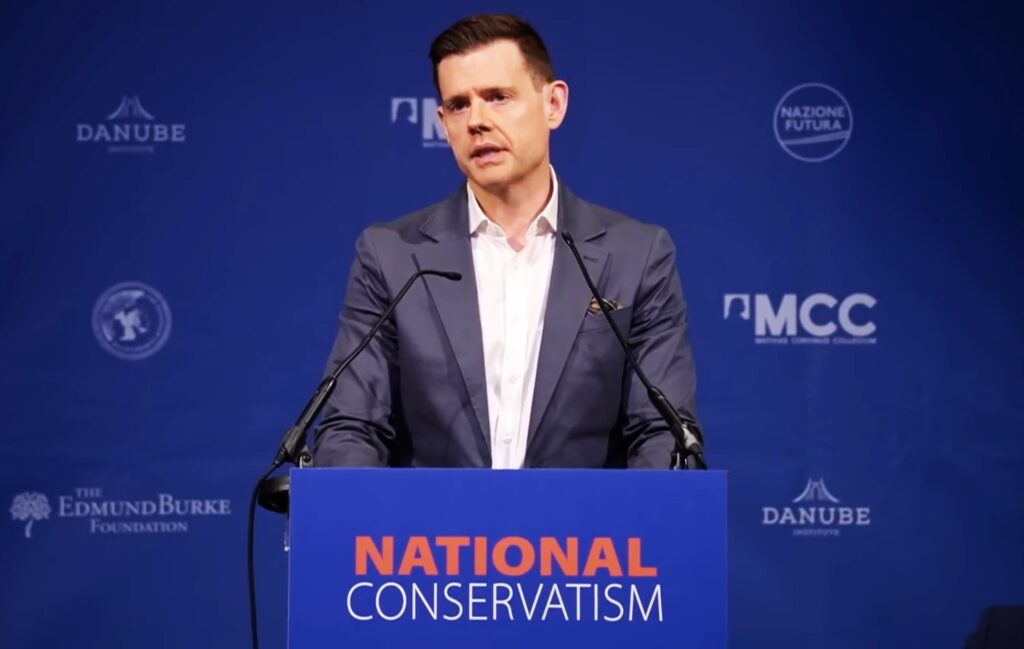As part of an ongoing health evaluation of a proposed and contested Boston metro area gas compressor station, the energy distribution company Enbridge shared with the State of Massachusetts materials from dubious and controversial sources. As documents obtained by DeSmog reveal, these include studies by a climate change denier and an official associated with the American Legislative Exchange Council (ALEC), the Koch brothers-backed group working to undermine environmental regulations.
For critics of the project, this newest revelation raises further questions about the appropriateness of constructing the 7,700-horsepower station, which would release noxious gases while propelling natural gas through pipelines, in a densely populated area between Weymouth and Quincy, south of Boston.
“To be taking the work of climate deniers at this time is unconscionable,” said Alice Arena, who heads Fore River Residents Against the Compressor Station (FRRACS), a citizen group that has been fighting the project for the past four years.
As part of a state-directed health impact assessment (HIA) for the compressor station, Enbridge supplied the Metropolitan Area Planning Council (MAPC) — the agency charged with conducting the assessment — with materials relating to compressor stations and air pollution. Governor Charlie Baker ordered the HIA before the state provides any new permits for the station, following pressure from activist groups.
A rally on February 7 protested the Weymouth compressor station and called on Gov. Baker to not accept fossil fuel industry funding. Credit: Families Against Enbridge, used with permission
Referencing a Climate Change Denier’s Work
Emails obtained by DeSmog from the MAPC through an open records request show that after a conference call with the agency’s lead investigator Barry Keppard in October last year, Enbridge sent Keppard several links to studies and data by environmental officials that raise questions about their credibility.
One of them was a study critiquing the U.S. Environmental Protection Agency’s (EPA) standard air dispersion model — written by an Indiana official named Keith Baugues, who has a history of climate change denial.
“Anyone who says ‘global warming’ is obviously suffering from frostbite,” Baugues posted on a government message board in the winter of 2014, following a bout of heavy snow.
After coming under fire for that statement, Baugues stuck to his position, telling colleagues “I am a skeptic on global warming.”
Ties to a Corporate-Funded, Anti-Environmental Regulation Group
Another link Enbridge provided was to a presentation by Ron Gore, an Alabama official who in 2014 reportedly participated in a secretive meeting at an ALEC conference in Washington D.C., convened to fight Obama-era environmental regulations. ALEC’s work on energy regulatory rollbacks is funded by the oil industry and a network of foundations such as the Charles Koch Foundation, the Searle Freedom Trust, and Donors Trust, dubbed the “dark money ATM” of the conservative movement.
Later, Gore played an active role in Alabama’s opposition to the Obama EPA’s Clean Power Plan, which was designed to regulate greenhouse gas emissions from power plants. His presentation Enbridge shared with the MAPC is titled “What is Wrong With the Clean Air Act?”
Firm Enbridge Paid in Compressor Project Was Behind Report Cited in HIA
In a subsequent email, Enbridge sent the MAPC a white paper on compressor stations by the Interstate Natural Gas Association of America (INGAA), an industry trade group. The paper, “How the Regulatory Process Protects Those Living Near Gas Transmission Compressor Stations,” praises the current regulatory regime and defends the gas industry’s safety record. It was included and briefly summarized in the final HIA report.
Yet the HIA report failed to disclose that the white paper was in fact written for the INGAA by Trinity Consultants — an environmental firm hired by Enbridge to conduct the air pollution modeling for the Weymouth station, data that the HIA relied upon.
The emails also show that one of the white paper’s authors, Trinity Consultant’s Michael Ballenger, was on the conference call between Enbridge and Keppard.
“We are alarmed to know that the consultants that are being paid by Enbridge to evaluate their projects are also publishing industry papers to forward these same projects,” FRRACS’ Arena, who also sat on the HIA’s advisory board, told DeSmog. “That the MAPC would include this publication without source acknowledgement is reprehensible.”
Enbridge did not respond to a request for comment.
Massachusetts Agency Defends Health Assessment Methods
Questions from the community about the health impact assessment of Enbridge’s proposed Weymouth compressor station. Credit: Fore River Residents Against the Compressor Station, used with permission
Reached for comment, Barry Keppard of the MAPC told DeSmog that Enbridge was only one of several interviewee groups in the HIA. “Other interviewees included an experienced HIA professional, an expert in environmental justice, and two physicians who work on issues related to environmental health exposures,” he said.
“We drafted the report based on the input we received and the materials shared with and collected by us,” Keppard added.
According to Keppard, the gas industry white paper did not figure as heavily as other, peer-reviewed works. “We placed more weight on peer-reviewed literature as we drafted the HIA report and we used an objective approach in developing the final report,” he said.
Following the HIA’s conclusion that the station is unlikely to risk nearby residents from direct exposure to pollutants but may generate adverse health effects from indirect mechanisms such as negative perceptions and limited use of nearby spaces, the Massachusetts Department of Environmental Protection issued Enbridge its desired air permit.
Other Issues with the Health Assessment
Keppard’s explanations may not be enough to sooth the HIA’s growing number of critics, which include members of its own advisory board and a group of physicians — Greater Boston Physicians for Social Responsibility — who last week published a 19-page critique of the assessment.
As DeSmog previously reported, incredulity over the HIA was always present, given that it relied on estimated emissions data supplied by Enbridge.
Curiously, the MAPC itself came out in opposition to the gas compressor station last weekend. In a statement published on the HIA’s dedicated website, the MAPC says that while it stands by the specific findings in its assessment, it opposes in principle the expansion of fossil fuel infrastructure in Massachusetts and is concerned over safety risks posed by the station.
In one major critique, detractors charged the HIA for relying on air monitoring for baseline conditions in a 24-hour period in the area by testing only during several weeks in the summer. And although canisters that collected air samples in July and August last year found increased levels of formaldehyde and benzene in the vicinity of the proposed station, critics charged that comprehensive testing must account for a variety of seasonal conditions, especially winter ones when temperature inversions may trap pollutants.
We agree – building a compressor station in Weymouth is a bad idea. Time to listen to the residents of the Fore River Basin @MassGovernor @MassDPH and put community’s health over the interests of Enbridge @FRRACS_MA @MothersOutFront https://t.co/1oa4bf8xzr
— ginger (@helenlouiseryan) February 7, 2019
Documents obtained by DeSmog show that the Massachusetts Department of Environmental Protection (DEP), one of the agencies overseeing the HIA, may have had an opportunity to conduct winter air quality testing. A contract with a local lab shows that it was signed already in February last year.
It is unclear why testing was delayed until July, and the DEP declined to comment for this story, citing an impending appeal hearing over the state permits granted for the station.
In another recurring critique, opponents contend that the HIA was too limited in time and scope and neglected to evaluate such issues as public safety and climate change risks posed by the compressor station.
A document from the early stages of the HIA suggests that the two agencies overseeing the assessment, the DEP and the Department of Public Health, were involved in redefining the assessment narrowly. The November 2017 document details rounds of revisions officials from the two agencies made to a response letter they sent to South Shore state legislators who opposed the project.
As part of the revisions, officials changed an original description of the HIA to “a focused HIA.”
Main image credit: Lum3n.com, Pexels
Subscribe to our newsletter
Stay up to date with DeSmog news and alerts








